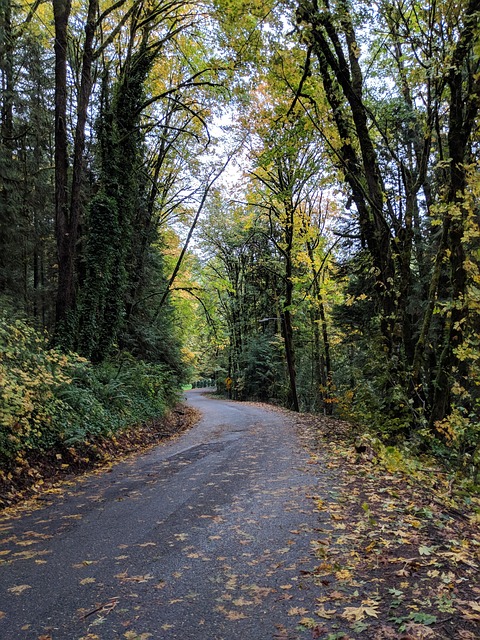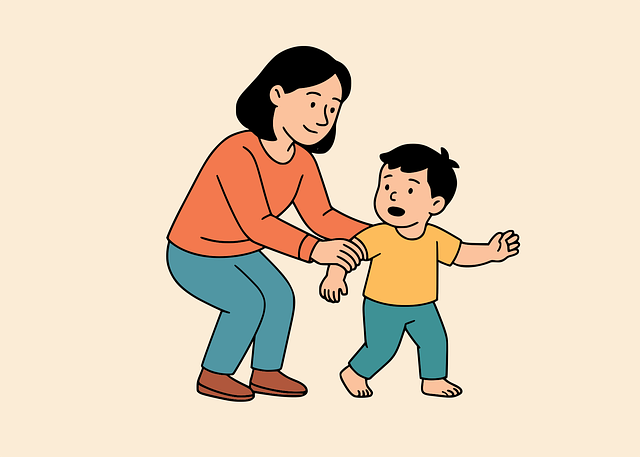Oregon's child welfare system prioritizes protection and support for at-risk children through foster care, adoption services, and therapeutic interventions. Advocacy plays a vital role by amplifying vulnerable populations' needs, challenging systemic barriers, and promoting evidence-based practices. Key organizations like Children's Defense Fund of Oregon and Oregon Advocates for Children and Families lead various strategies, collaborating with agencies to ensure access to quality healthcare, education, and stable homes. Innovative advocacy approaches, including community partnerships, early intervention programs, and data analytics, have transformed the child welfare landscape. Individuals can contribute by volunteering, donating, or sharing awareness through social media campaigns, connecting with dedicated non-profits to support evidence-based strategies for at-risk youth.
Oregon’s child welfare system faces complex challenges, highlighting the crucial need for robust advocacy. This article explores key advocacy initiatives and organizations working tirelessly to protect and serve at-risk children in the state. We delve into effective strategies and programs designed to strengthen child welfare advocacy efforts, providing insights on how Oregonians can get involved and contribute to positive change. Discover ways to support and participate in Oregon’s child welfare causes, making a difference in the lives of vulnerable youth.
- Understanding Oregon's Child Welfare System and the Need for Advocacy
- Key Advocacy Initiatives and Organizations in Oregon
- Strategies and Programs to Strengthen Child Welfare Advocacy
- Getting Involved: How to Support and Contribute to Oregon's Child Welfare Causes
Understanding Oregon's Child Welfare System and the Need for Advocacy

Oregon’s child welfare system is designed to protect and nurture at-risk children and youth within the state. It involves a network of services, including foster care, adoption support, and various therapeutic interventions, aimed at keeping families together or helping them reconnect. However, despite these efforts, there are still challenges that require attention. The complex nature of child welfare issues demands innovative strategies and dedicated advocacy to ensure every child receives the necessary support.
Advocacy plays a pivotal role in shaping Oregon’s child welfare system by amplifying the voices of vulnerable children and their families. Advocacy initiatives focus on raising awareness, challenging systemic barriers, and promoting evidence-based practices. Support for child welfare advocacy programs is essential to enhance service delivery, improve outcomes, and ensure that children and youth have access to the resources they need to thrive. These efforts contribute to a more responsive and effective system, ultimately benefitting the well-being of Oregon’s most vulnerable population.
Key Advocacy Initiatives and Organizations in Oregon

Oregon boasts a robust network of child welfare advocacy initiatives and organizations dedicated to improving the well-being of children and families across the state. These programs employ various strategies, from direct service provision to policy reforms, aimed at addressing systemic issues within the child welfare system. One notable organization, Children’s Defense Fund of Oregon, leads efforts to advance policies that ensure every child has access to quality health care, education, and stable homes.
Another key player is the Oregon Advocates for Children and Families, which mobilizes communities and advocates on behalf of vulnerable children, pushing for stronger safety nets and protective services. These initiatives collaborate with local, state, and federal agencies, as well as community partners, to create a holistic approach to child welfare advocacy, ensuring that Oregon’s young people receive the support they need to thrive.
Strategies and Programs to Strengthen Child Welfare Advocacy

Oregon has implemented numerous innovative strategies and programs to strengthen its child welfare advocacy landscape. These initiatives focus on providing comprehensive support systems for vulnerable children and their families, aiming to improve outcomes and foster a brighter future. One key approach is the development of community-based partnerships, where local organizations collaborate with child welfare agencies to offer holistic services. This collaborative model ensures that children receive not only essential care but also access to educational, recreational, and mental health resources within their communities.
Additionally, Oregon advocates for early intervention and prevention services, recognizing that addressing issues at the earliest possible stage can significantly reduce long-term challenges. Programs targeting at-risk families, such as home visiting and parent support groups, equip parents with valuable skills and knowledge to create stable and nurturing environments for their children. These advocacy efforts are further enhanced by technology, with data analytics playing a crucial role in identifying trends and allocating resources effectively, ultimately improving the overall efficiency of child welfare services in Oregon.
Getting Involved: How to Support and Contribute to Oregon's Child Welfare Causes

Getting involved in Oregon’s child welfare advocacy causes is a powerful way to contribute to the well-being and future of our state’s most vulnerable population. There are numerous ways to lend your support, from volunteering with local organizations to donating funds or sharing awareness through social media campaigns. One effective step is to connect with dedicated non-profits and community groups focused on child welfare advocacy in Oregon. These initiatives work tirelessly to develop and implement evidence-based strategies targeting at-risk youth, their families, and the systems that support them. By joining forces, we can amplify our impact and drive positive change.
Oregon’s vibrant network of advocates welcomes individuals with diverse skill sets and passions. Whether you’re a lawyer, teacher, healthcare professional, or concerned citizen, there’s an avenue for you to make a difference. Attend community meetings, join online forums, and participate in local events where child welfare is discussed. These platforms offer opportunities to learn, engage, and collaborate with like-minded individuals committed to improving Oregon’s child welfare strategies. Together, we can ensure that every child in Oregon has the chance to thrive and reach their full potential.






